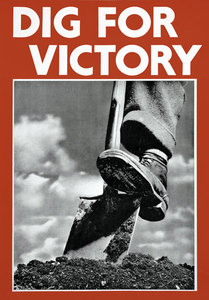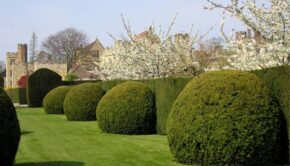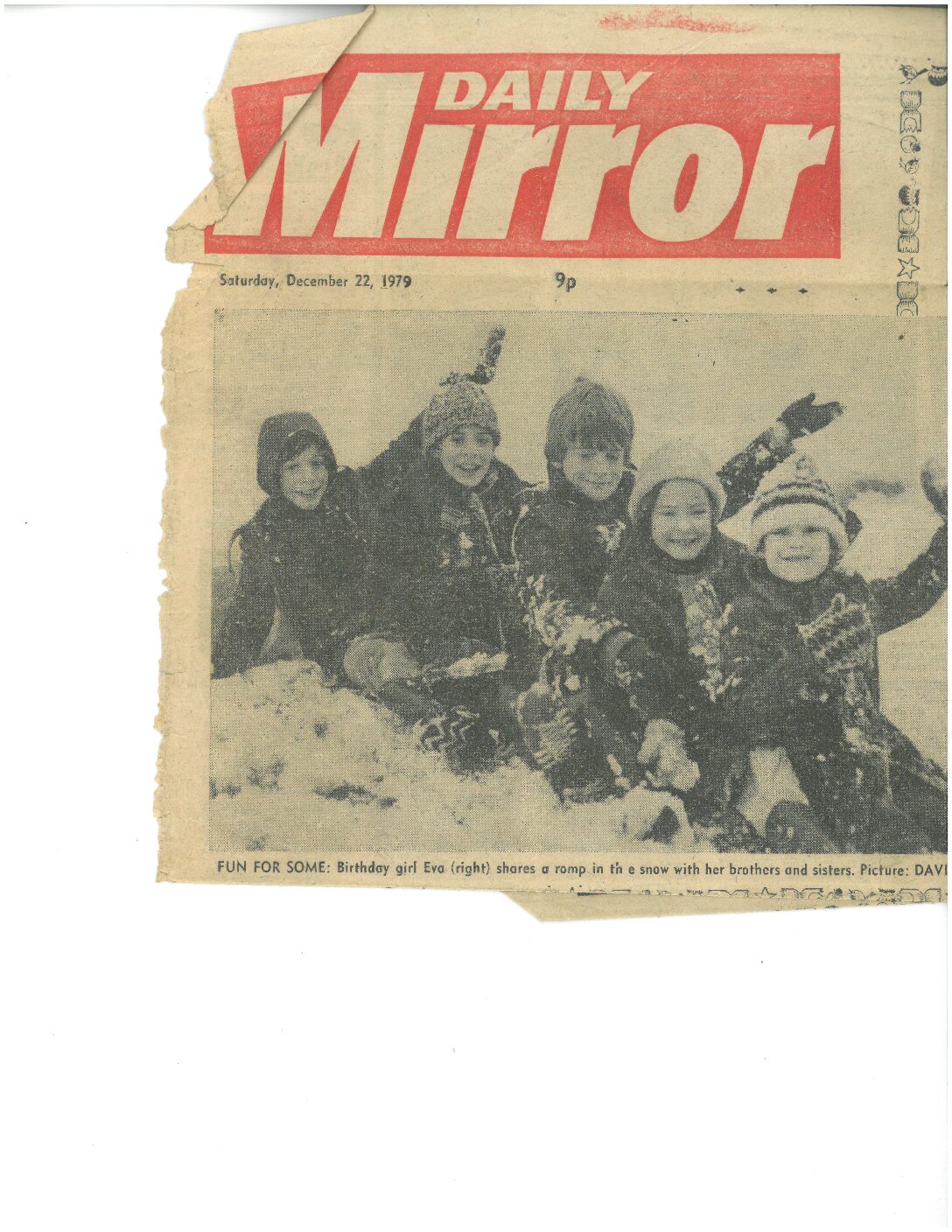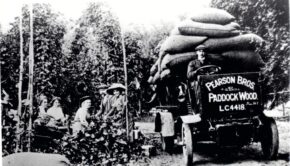The Forgotten Years
After a life time of living in Lucks Lane Paddock Wood, Roger Ralph believes he qualifies as one of the ‘old timers’. With this in mind, he decided to scribble a few notes of what times were like. …..
“My Father served in the First World War out in the Far East. He returned to the farming community of Lucks lane in 1919.
My parents started their married life at the Salt Box Cottages, the wooden clad house a short distance from the railway crossing.
The house was lit by the flickering glimmer of paraffin lamps. We had a solitary cold water tap in the scullery. The washing was done in the old copper which stood in the corner of the scullery and looked as if it had been there for many a year. It had a wood fire below which you had to light well in advance of wanting hot water. The same applied for bath nights.
My school days began in the April of 1934 as spring had arrived.
The journey to school was something of an adventure. There were not many children of our age who had to wind their way through all weathers, along a mile long footpath. The path was narrow and covered with all types of vegetation dependent upon the season. Nobody knew when it was made or how it derived its name of ‘Black Path’. The narrow path ran across the fields and followed along the side of the Maidstone Branch railway line.
The old rambling school was heated by a large boiler that was coal fired and stood in a pit in the large entrance hall and the cloak rooms which were at the back of the building. The caretaker at the time was a man by the name of John Pearson who lived in the cottage to the front of the school in Old Kent Road.
School days were to change dramatically in 1939 with the outbreak of the Second World War. Little did we realise how serious, or prolonged, it was going to be. One of Dad’s first jobs was to make shutters for the lower windows and to buy black out curtains. After that he set about fitting special shades to the lights on the car and those of our cycles
We spent a lot of time outdoors. Gardening became very active during the war years with flower gardens changing to vegetable plots. All of the allotments were cultivated to help out with the rationing. The railway workers had their own allotments besides the railway land on the waste ground. This effort was known as the “Dig for Victory” campaign.
We spent many hours sitting in the air raid shelters with only the light of the candles. The teachers would sit and read to us or play games. The lighting was so poor that you could only just see. With all this activity we had little time for work in the classrooms.
My first memory of the bombing was when the Church in Paddock Wood suffered a direct hit. It was a devastating sight and hymn books were found as far away as the Elm Tree Pub.
We were walking home along the Black Path one lunch time when suddenly a plane appeared in the sky. It was coming towards us and when it got closer we could see it had German markings. At this point we started to run across the field.
My brother looked up at the plane and said it was dropping sausages. We ran even faster and I believe that we ran under the bombs as they were falling.
One night the hop pickers’ huts were bombed at the Whitbread Farm in Wagon Lane. I vividly remember the screams that were heard. A number of people lost their lives and we were not allowed to go near the site for some time.
With the increase in bombing we decided to take further precautions. We dug a large hole in the garden and lowered a small shed into it. This was fitted out with seats and lights and was perfect during the summer months. It was not so good in winter when it filled up with water.
There were not many houses built during the war years. My Grandad and Grandmother lived in the next village of Horsmonden. We used to visit them a few times each year. This was a big day out for us as we had to catch the train.
In April 1943 I went to work on the farm. My first weeks pay was twenty two shillings for a forty eight hour week. By this time the war was taking a new turn. We had started to encounter the flying bombs, Doodle-bugs and these were very frightening. If the engine stopped then they would land close by.
Once Dad had heard the engine stop and he went outside in his underpants to see what was happening. The force of the explosion spun him round and round and he ended up laying on his back in the middle of the orchard.
One night a German plane was shot down and we knew it had landed somewhere close. In the morning we walked down to the farm and had forgotten about the plane. Dad asked why we hadn’t seen “that bloody German laying over the other side of the hedge”. He had gone over towards him but had seen a gun on the ground nearby. Rather than approach he went to Swatlands to get some help. When he returned with help, the German grabbed for his gun but Dad had got his sten gun by then. Holding the airman until the authorities arrived they offered the man a fag but he refused. That airman was the only one to get out of the plane alive. Some years later I did learn that he was still alive and well in Germany.”
Roger Ralphs book: The Forgotten Years, costs £5 and is available through TMS Paddock Wood (01892 832952)
You will find out where the land girls stayed, where tar mac and bricks were made, as well as packing sticks and baskets. You will find out about Donald Gidlow’s trade and the firms and shops of the old village, life in the hamlet of Queen Street and a way of life on the farms that will never be seen again.






Comments